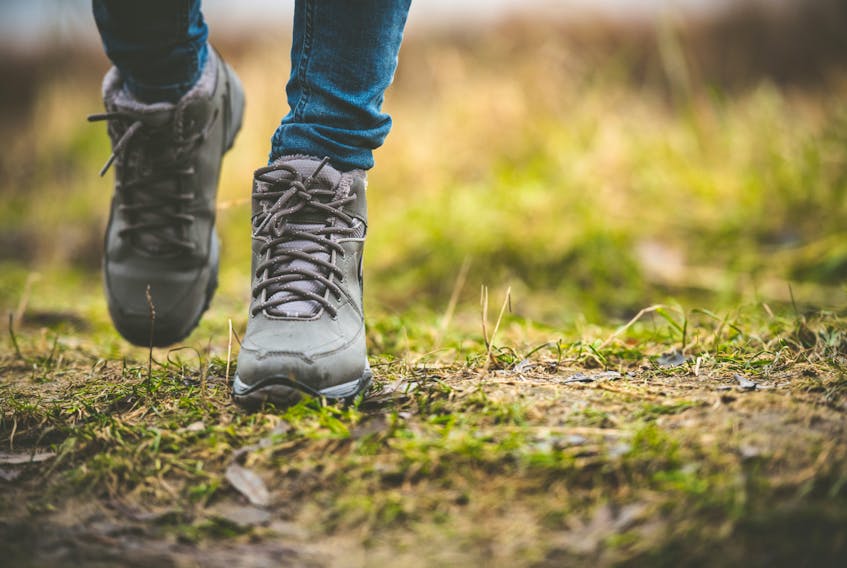As I write this column, it is the day after the 92nd Tely 10 Road Race here in St. John’s. Yesterday, I ran my 13th consecutive race and I continue to be amazed at the wide assortment of people who choose to take on this challenge each year. When I ran my first Tely 10 in 2007, my reason to run was to have a goal to work towards to keep me motivated in my efforts to get into better physical condition. When that first run went well, I decided to try to better my time. I was able to lower my personal best by several minutes in the following years. Having accomplished this goal, now I run every year to maintain my physical condition and to keep active as I start to get older.

One of the things I have noticed over these years is that running has had a great impact on my mental health as well as my physical health. While I love my job working with people who live with mental health and addictions issues, it can be mentally draining and stressful at times. A good long run in the morning around Quidi Vidi Lake allows me to clear my mind of clutter from my previous shift and prime my brain to be alert so I can deal with the challenges at work in a calm and constructive manner. Running has become a way for me to practise mindfulness by staying rooted in the moment. It allows me to focus on what is going on with my body and enjoy the physical sensations of the wind on my skin, the quacking of the ducks in the lake and the aroma of the wild flowers along the trail. It brings me to a place where I feel in balance and ready to take my place in this world to the best of my abilities.
Because of my own experience and reading I have done around the benefits of exercise, I am a huge advocate of incorporating such activity into the treatment regimen for people in recovery. Physical activity releases chemicals in the brain that can act as a natural anti-depressant, assist with anxiety and help the brain recover from the impact of substance abuse. It can help people to develop positive social networks that are often lacking when someone leaves the world of addiction.
For me, running has become a way to practise mindfulness by staying rooted in the moment.
It can also help people develop and meet goals. This builds self-confidence and can provide much-needed momentum to keep the process of recovery flowing and to help maintain it. At the most basic level, it provides a healthy tool to help cope with whatever issue led to the addiction in the first place by providing an alternative to substance use. Physical exercise provides a concrete action which allows a person to feel that they are actually DOING SOMETHING about their problem.
Unlike many of the treatment options offered to those living with mental health and addictions issues, physical activity is relatively cheap, universally available and can be carried on throughout their lifetime without causing negative side-effects.
The budget crunch is being felt in health costs across the country. It amazes me that more resources are not being put into this most basic tenet of health care. In a world where the most exercise many people get is the twiddling of fingers as they explore what is going on in their social media accounts, there is a great need to promote and emphasize the benefits of physical activity to achieve better outcomes in all aspects of our health. As advancing technology makes physical movement and strength less important in the workplace and our daily lives, we have to remember that our bodies are designed to move if they are to remain functional, both physically and mentally.
Brian Hodder is an LGBTQ2 activist and works in the field of mental health and addictions. He can be reached at [email protected].
READ MORE FROM BRIAN HODDER









